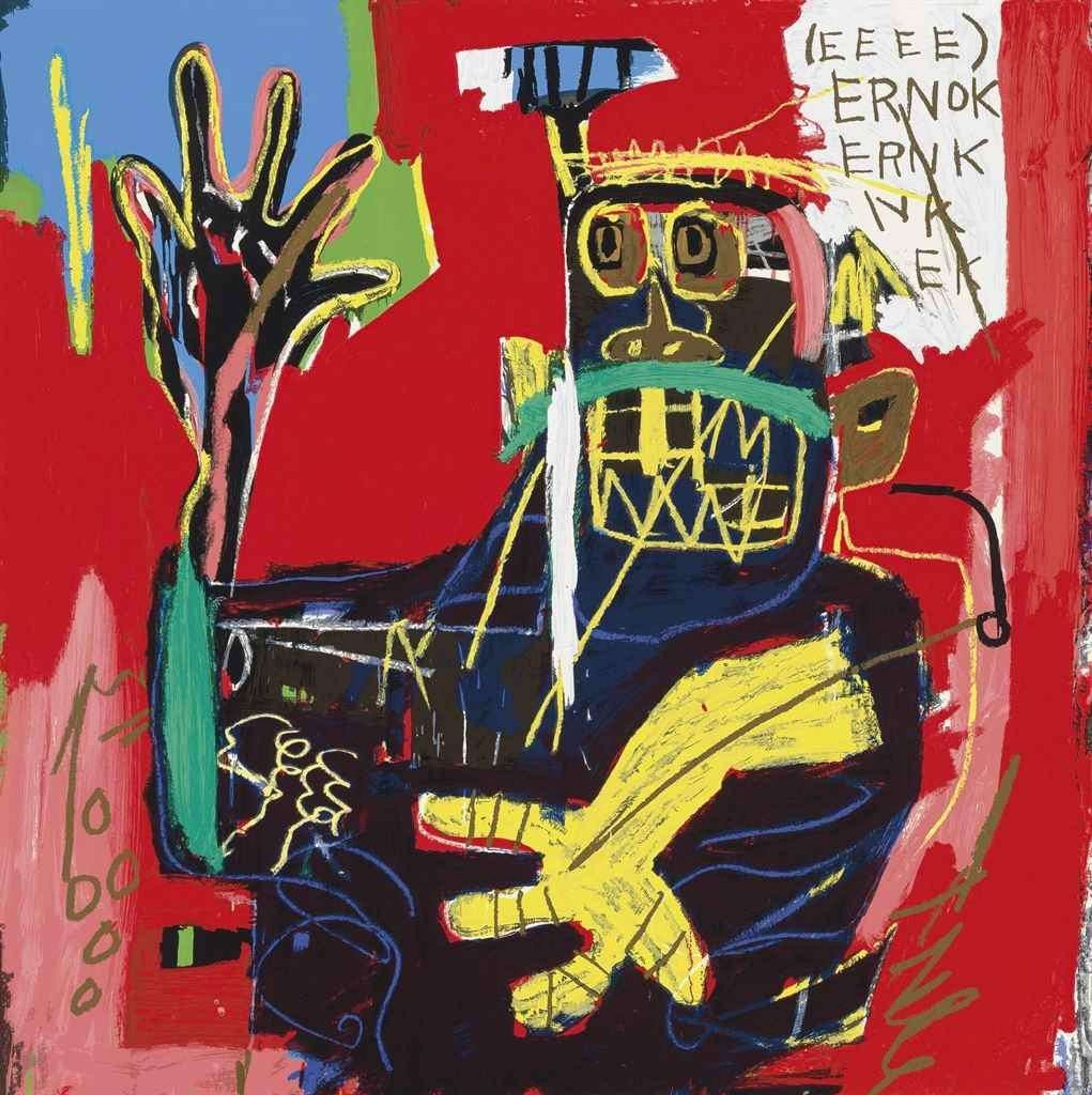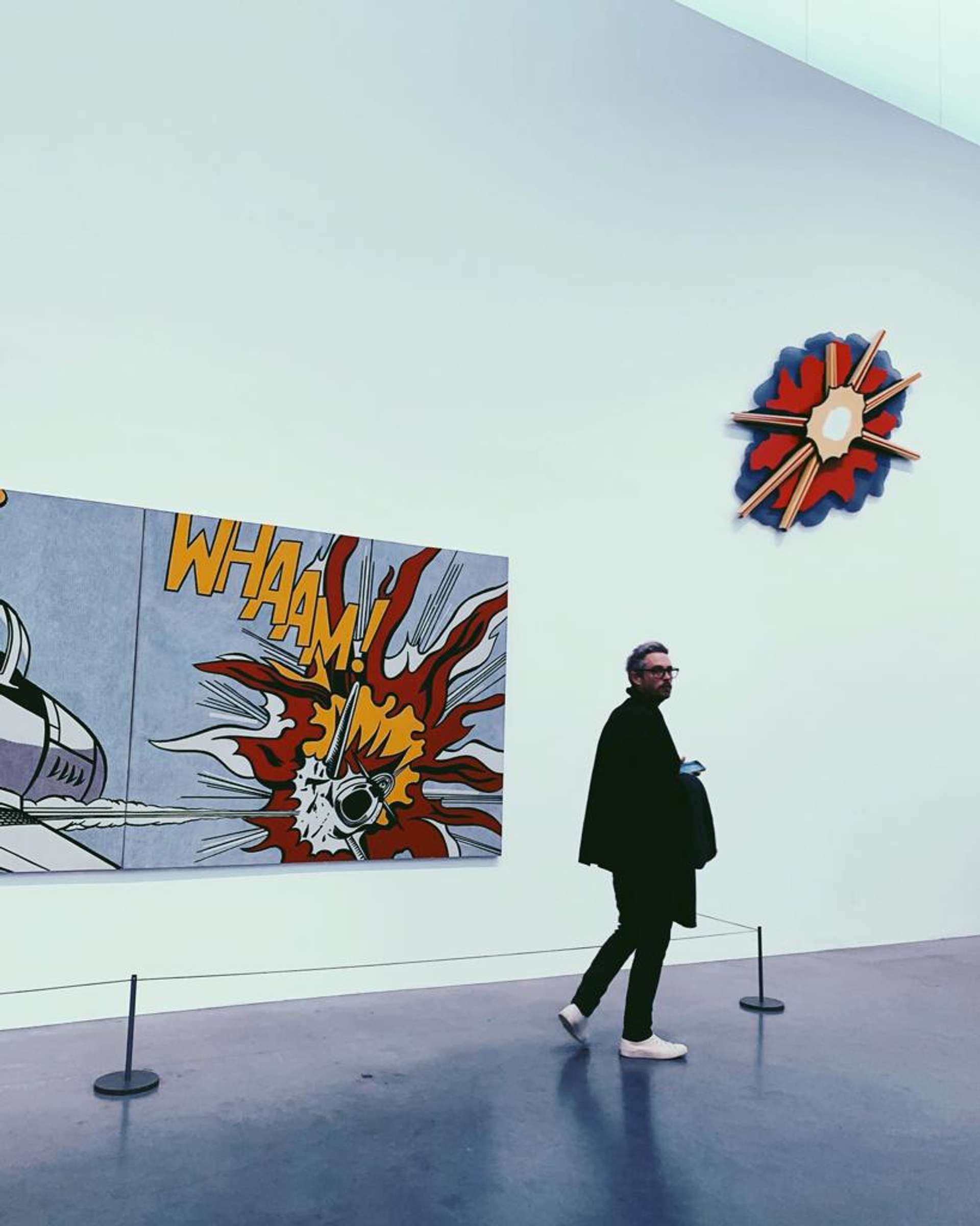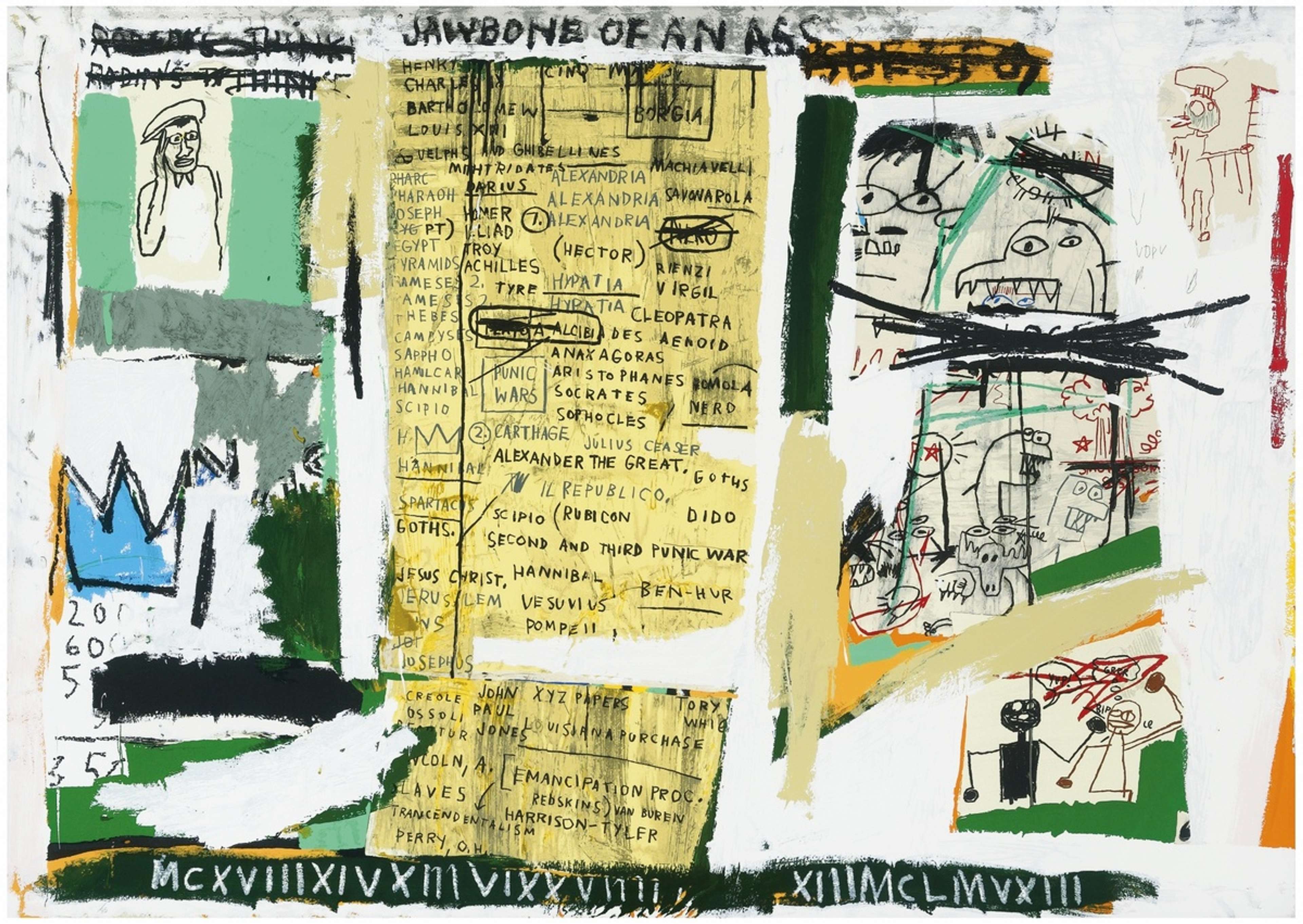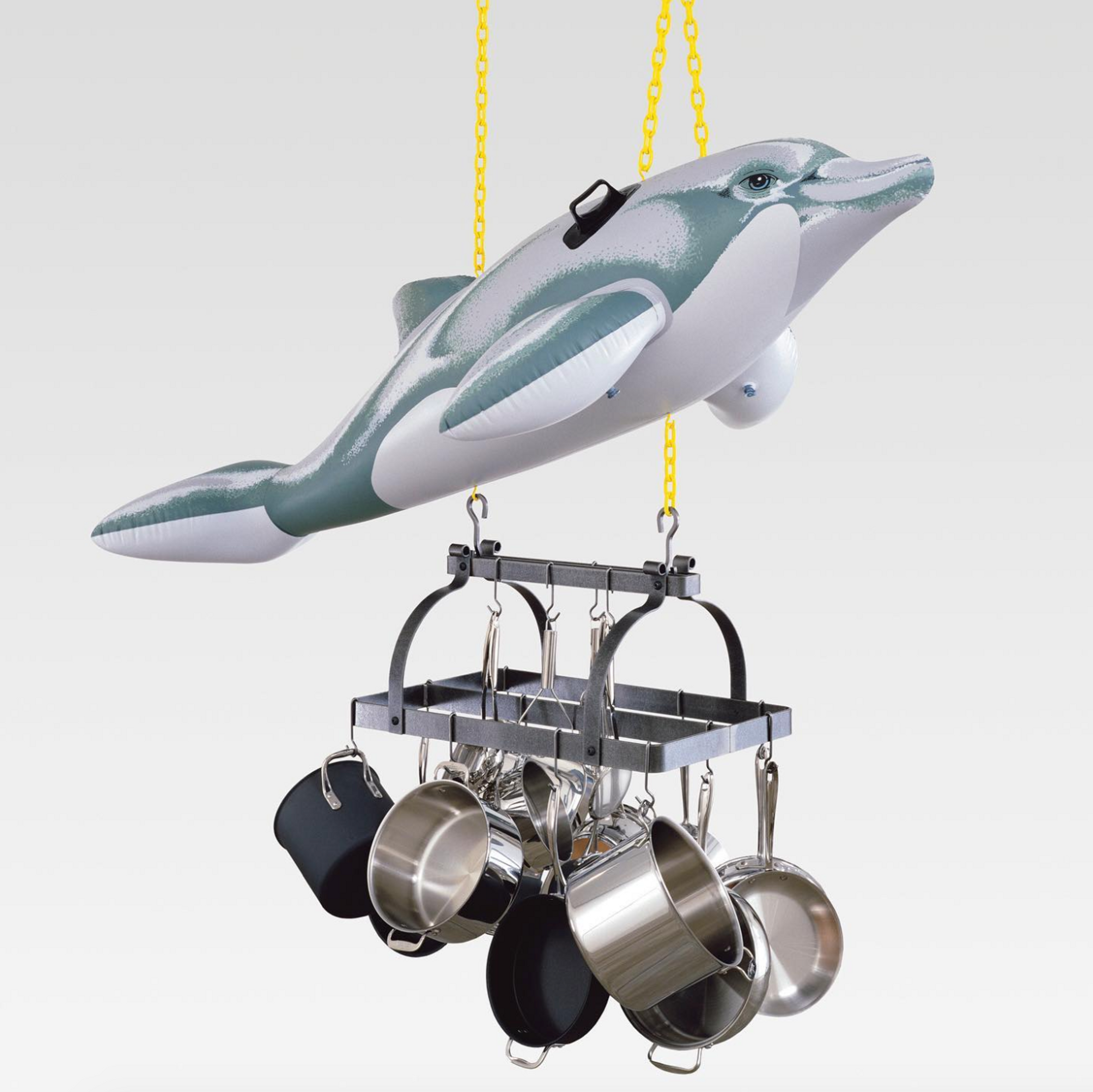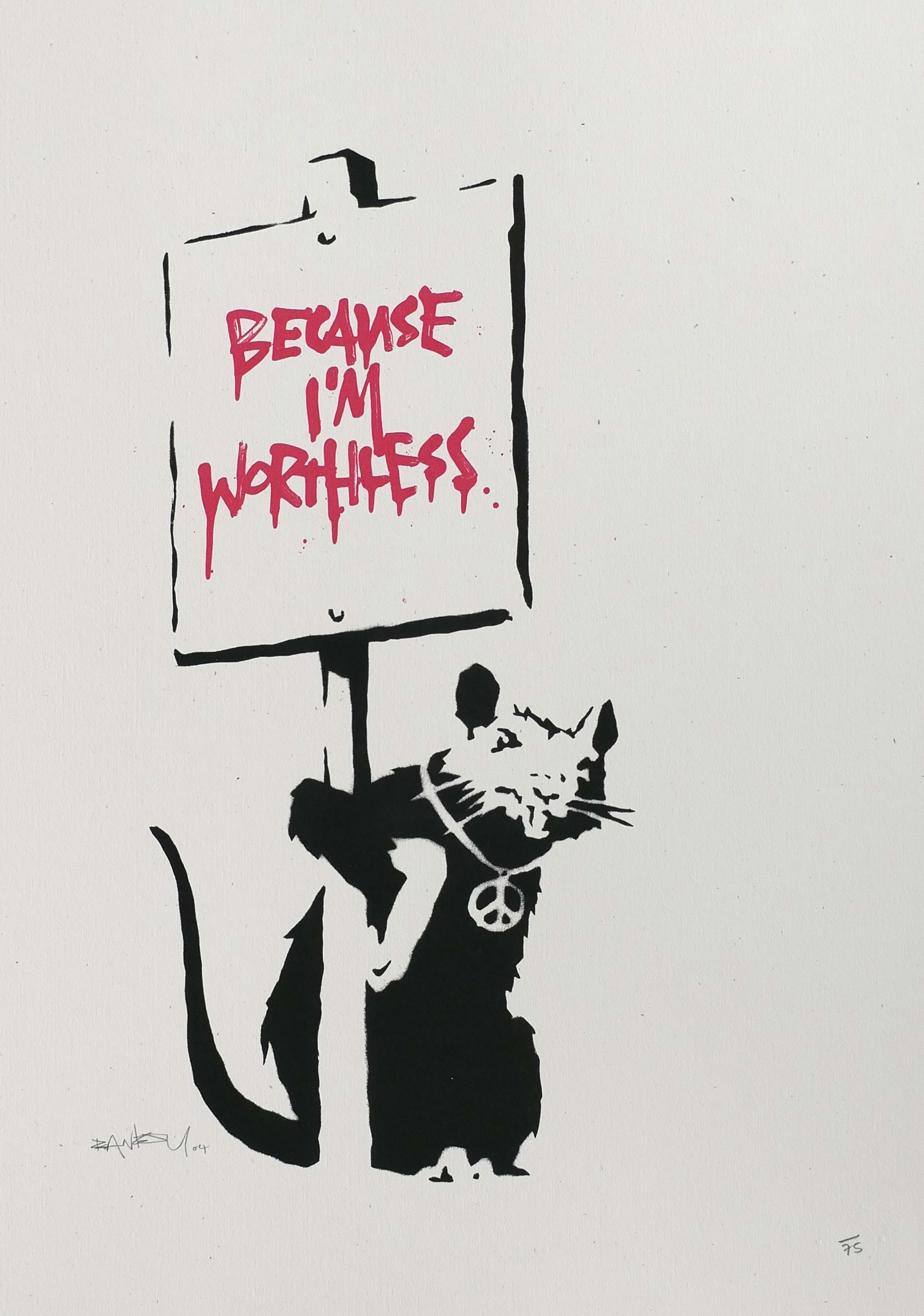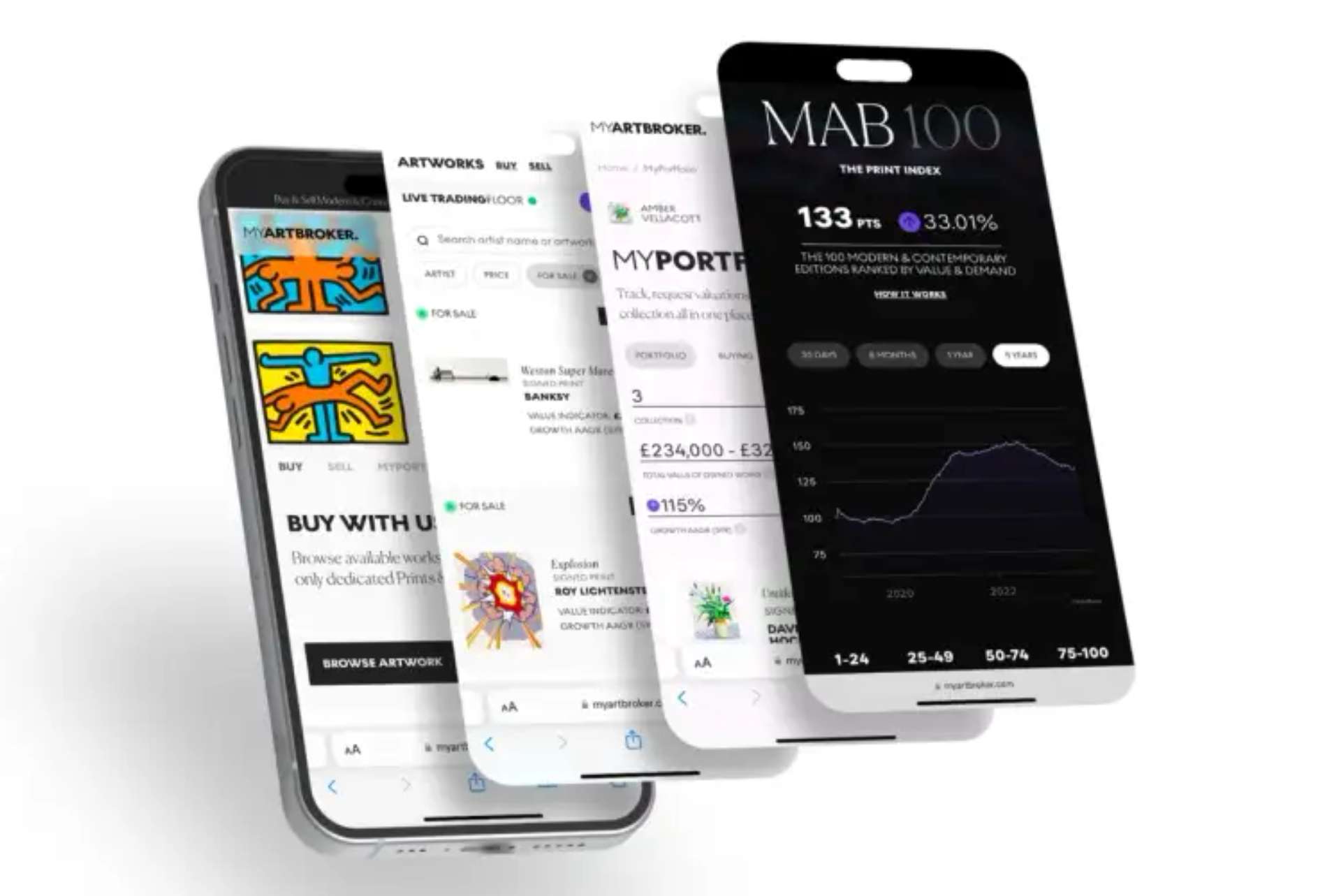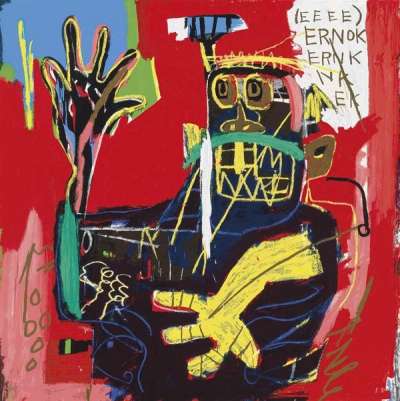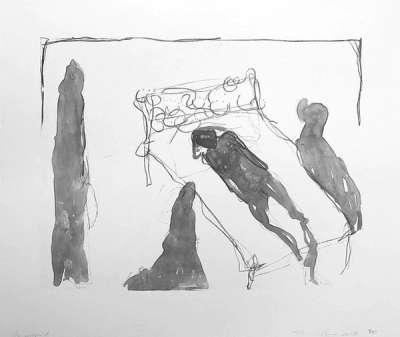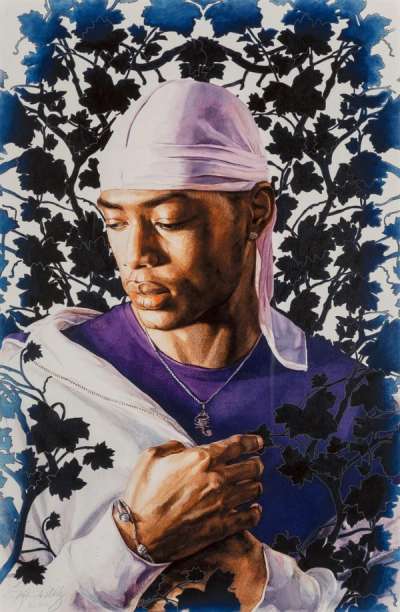Art in the Age of Instagram

 Image © Library of Congress / Companion (Passing Through) © KAWS 2012
Image © Library of Congress / Companion (Passing Through) © KAWS 2012Live TradingFloor
Millennials, individuals born between 1981 to 1996, are at the vanguard of transforming the visual art landscape as we know it. This generation places a high value on art as a medium of personal expression and as a reflection of themselves. In the digital age, particularly through Instagram, they have revolutionised the ways art is discovered, appreciated, and acquired. Instagram has evolved into a pivotal tool for these young collectors, functioning as a virtual gallery that effortlessly integrates into their digital-first lifestyle. Its visually intuitive platform caters to their tastes for engaging storytelling and has made art more accessible than ever.
How has Instagram changed the way we collect and view art?
This visual-first platform has opened doors for a global audience to view and appreciate art beyond the traditional confines of galleries and museums. The ease of scrolling through a vast array of artworks has fostered a new culture of art collection, where discovery and accessibility are paramount. Art enthusiasts and Millennial art collectors can now explore diverse styles, genres, and artists from different cultures and backgrounds, broadening their horizons and understanding of the art world.
Instagram has also enabled a more interactive approach to art collecting, where collectors can engage directly with artists, understand their process, and gain insights into the personal stories behind their artworks. This shift has led to a more informed and connected art community, where the appreciation of art is not just about ownership, but also about understanding and valuing the cultural and societal narratives it represents.
What are millennial collectors looking for in visual art?
Millennial art collectors are redefining the landscape of art collection with their unique preferences and values. They seek art that resonates with contemporary themes, including identity, social justice, and environmental concerns. This generation values authenticity and personal connection with art, often gravitating towards works that reflect their individuality and worldview.
They are also more inclined towards minority artists and unconventional mediums, showcasing a desire to support and discover new talents and voices in the art world. Additionally, NFTs (Non-Fungible Tokens), have also garnered interest from younger collectors. They are more inclined towards artworks that fuse traditional aesthetics with digital technology, pointing towards a growing intersection between art and the digital world.
While financial gain remains a factor, it's no longer the sole motivator in portfolio building, even though according to the 2022 Global Art Market report by Art Basel and UBS, millennials made up 52% of High Net Worth (HNW) individuals engaged in art collecting. In the same year, this demographic surpassed Gen X and Boomers, becoming the highest spenders in almost all fine art categories.
How do artists use Instagram to reach new audiences?
Artists have found Instagram to be a powerful tool for reaching new audiences and building their personal brands. By showcasing their portfolios on this visually engaging platform, artists can connect with a global audience, including art enthusiasts, collectors, galleries, and other fellow artists. Instagram allows artists to share their website, upcoming exhibitions, creative process and inspirations, creating an expansive narrative that resonates with viewers and adds depth to their artwork.
This platform also provides artists with the opportunity to engage directly with their audience through comments, stories, and live sessions, fostering a sense of community around their work. For emerging artists, Instagram serves as a critical launchpad, offering visibility and opportunities to participate in a larger art conversation. By leveraging hashtags, influencer collaborations, and virtual exhibitions, artists can significantly expand their reach and influence in the art world.
How Does Instagram Drive Art Sales?
Instagram has emerged as a promising driver of art sales, offering artists and galleries a platform to showcase and sell their works directly to virtually any one who would like access. The platform's nature makes it an ideal space for displaying art, and its broad reach allows for tapping into diverse markets. Artists and galleries can use Instagram to create curated feeds that not only display their artworks but also tell a story, making the art more relatable and appealing to potential buyers.
Features like direct messaging, shoppable posts, and links to online stores make for a seamless purchasing process. Art professionals can benefit from understanding how Instagram's algorithm can help in targeting potential collectors based on their interests and engagement with similar content. This direct-to-consumer approach on Instagram not only accelerates sales but also builds a loyal customer base, as new collectors feel a direct, more familiar connection with the artists and their works.
What does the rise of Instagram mean for traditional art galleries?
The rise of Instagram represents both a challenge and an opportunity for traditional art galleries. While it disrupts the conventional gallery model by allowing artists to reach audiences directly, it also offers galleries a platform to adapt and expand their own reach. Galleries can use Instagram to showcase their collections, artists, and exhibitions to a wider audience, transcending geographical boundaries. This digital presence can complement physical exhibitions, creating a holistic experience for art collectors.
Galleries can also leverage Instagram to engage with their audience through interactive content, virtual tours, and behind-the-scenes glimpses, enhancing the overall appeal of their offerings. However, this shift requires galleries to rethink their strategies, focusing on digital engagement, visibility and online sales alongside their traditional operations. Without the bandwidth to stand out among a sea of influencers and their user generated content, galleries might find themselves in a new challenge of keeping up with the Jones’, Millennial edition.
Art and Social Media in the Digital Age
The popularity of Instagram and other social media platforms has fostered an environment that is markedly more accessible, inclusive, and dynamic. This transformation is largely attributed to Millennial art collectors, whose desires for self-expression alongside visual storytelling have been instrumental in elevating the prominence of visual art within digital spaces. These platforms have not only facilitated a broader engagement with art but have also redefined the traditional boundaries of art consumption and appreciation. The synergy between social media and visual art reflects a contemporary cultural milieu, suggesting a shift in the traditional art-collector dynamic.
Artists are expected to further harness digital platforms to showcase their work, engage with audiences, and cultivate meaningful relationships with collectors. This digital integration promises to continue the democratisation of the art world, providing a stage for overlooked individuals and enabling a wider range of artists to gain visibility and recognition. The trajectory of this relationship boasts a future replete with possibilities, wherein the art world is envisioned to become more diverse, vibrant, and interconnected. This burgeoning landscape presents a frontier of unprecedented opportunities for artists and collectors alike, heralding a new era of discovery, connection, and expression.

